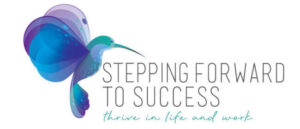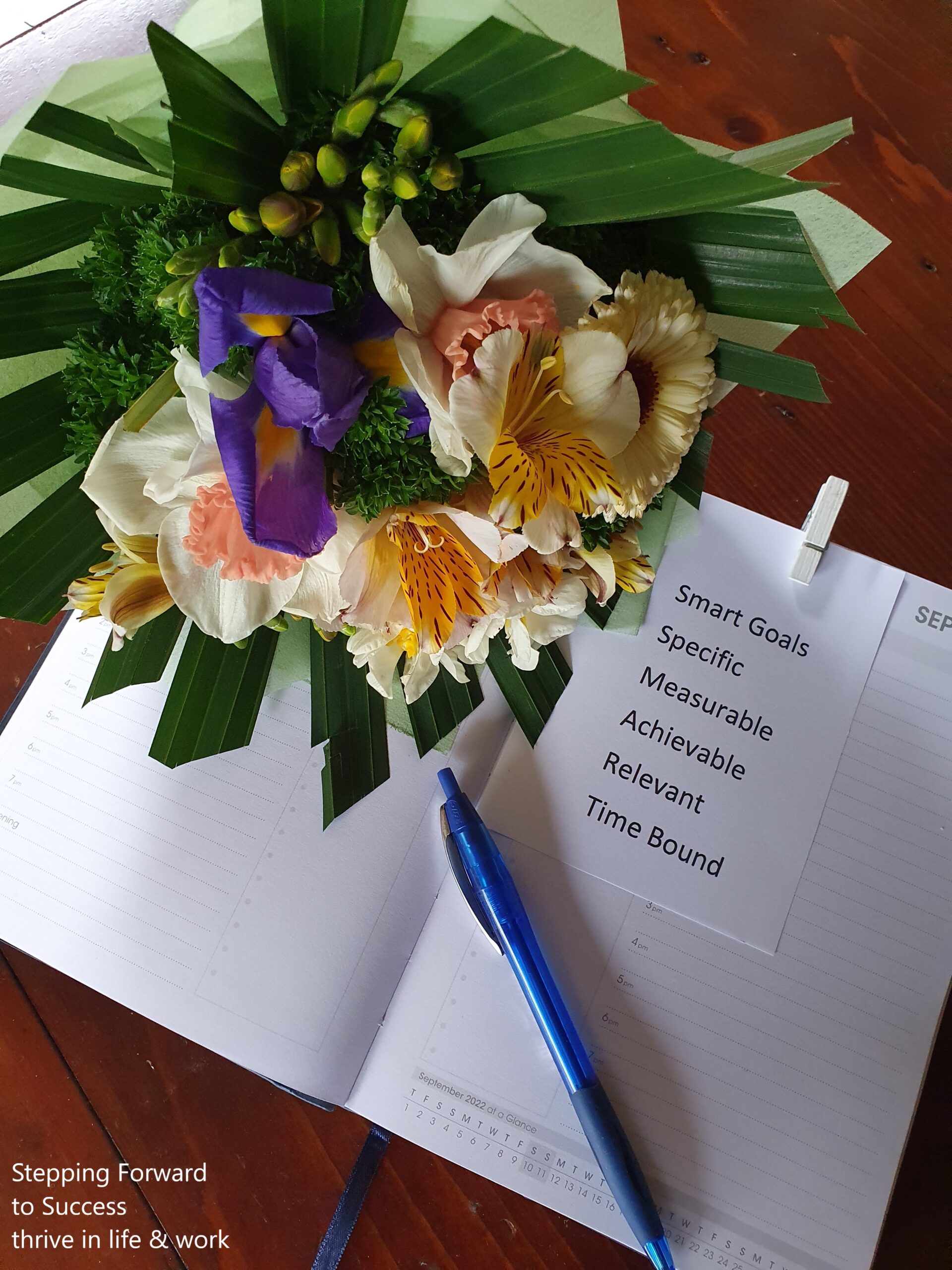Working towards Full Certification can seem daunting when you are balancing teaching and the work you need to do for your qualification.
The key is not to get too far ahead of yourself and to work through things in a logical order. Your mentor will help you plan, but ultimately it is up to you how you walk through your certification journey. While you have a timeframe – that two-year period – how you work through things in that time is up to you and must fit in with any other commitments you have.
One way to plan your timeline efficiently is to set a series of goals. The best goals to set are SMART goals. In this blog, we’ll look at what SMART goals are and how they can help you succeed in your certification journey.
Let’s get SMART about things!

How Setting SMART Goals Can Help
What Are SMART Goals?
As far back as the 19th century, philosophers were questioning why people did not achieve what they hoped for and suggesting that choosing a goal was the key. In 1980s, that idea was refined by American consultant and Director of Corporate Planning for the Washington Water Power Company George Doran. He published a paper discussing the concept of SMART goals and how to create them.
SMART goals have five criteria, although Doran did not believe you needed to achieve all five for every goal.
The acronym stands for:
- Specific – Your goal should be specific and detailed. For example, instead of setting a goal that simply states “complete my inquiry”, it should revolve around a specific task or objective such as “read three background documents for my inquiry” or “write a draft of the report for my inquiry”.
Measurable – You must have a way to see that the goal has been achieved. Often in business, this is marked by the number of new customers gained or how revenue has grown. In your situation, you won’t have growth to measure as such, but you will be able to measure the progress of your goals by ticking certain certification tasks off your checklist.
Achievable – While your goals should push you to do your best, they still must remain achievable. This sounds obvious, but the problem with big goals is that they can be hard to complete. And not achieving your goals can lead to a dip in motivation. When you are setting a goal, make sure that you have the tools, resources and skills ready to meet it.
Relevant – Ensure that your goals are relevant to your certification success. Each goal you set needs to further your journey and be relevant to the stage you are at.
Time Bound – Finally, your goal will need to have a definitive date by which it must be achieved. For example, “I will read three policy documents for background to my inquiry by the end of next week”.
How Can SMART Goals Help You On Your Journey To Certification?
It takes two years to go from being a provisional teacher to Full Certification. And it can seem like a big task when you consider all of the things you need to achieve.
Using SMART goals can help the journey seem more manageable by breaking it down into steps. You can use SMART goals to help your inquiry, prepare for regular meetings with your mentor or simply to become more proactive and organised in general.
Remember, though, that SMART goals need to be small parts of your overall journey. Full Certification is your overall goal. SMART goals are steps along the way that get you there. Each one should take a short amount of time to complete – months or maybe just weeks.
Setting SMART goals through the two years of your certification will help you to remain on track. They will also encourage consistent progress so that you can manageably space things out.
Get Extra Support On Your Certification Journey
If you are just starting on your certification journey and you’d like some extra support, think about purchasing a copy of the Roadmap to Certification. It contains everything you need to know about what you should achieve in your two years, and top tips for doing it (like SMART goals!).
The timeline can be aligned to the SMART goals that you set, but remember the timeline is flexible and can be adjusted to suit you.
You’ll also get extra support from me and access a private Facebook group where you can share experiences and tips with other members or ask questions.
Get in touch now to get a copy of your Roadmap. Follow these links to order a copy of The Roadmap to Certification.
Click here to read more about the Roadmap or click here to purchase the Roadmap to Certification ebook for Provisional Certified Teachers. Or if you are looking to get started on your professional Certification journey, the Kete Ako programme is a great starting point – check it out here.

